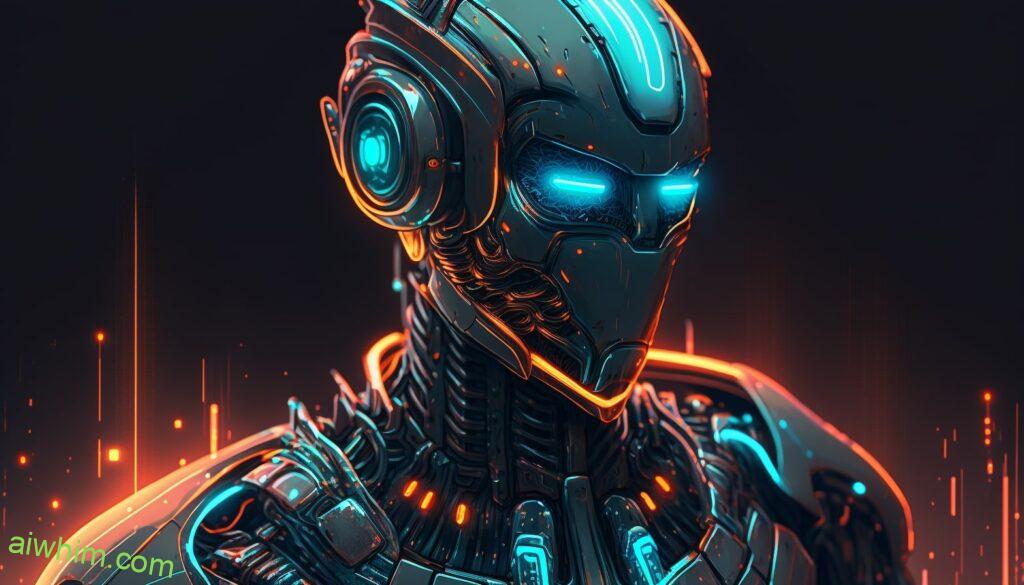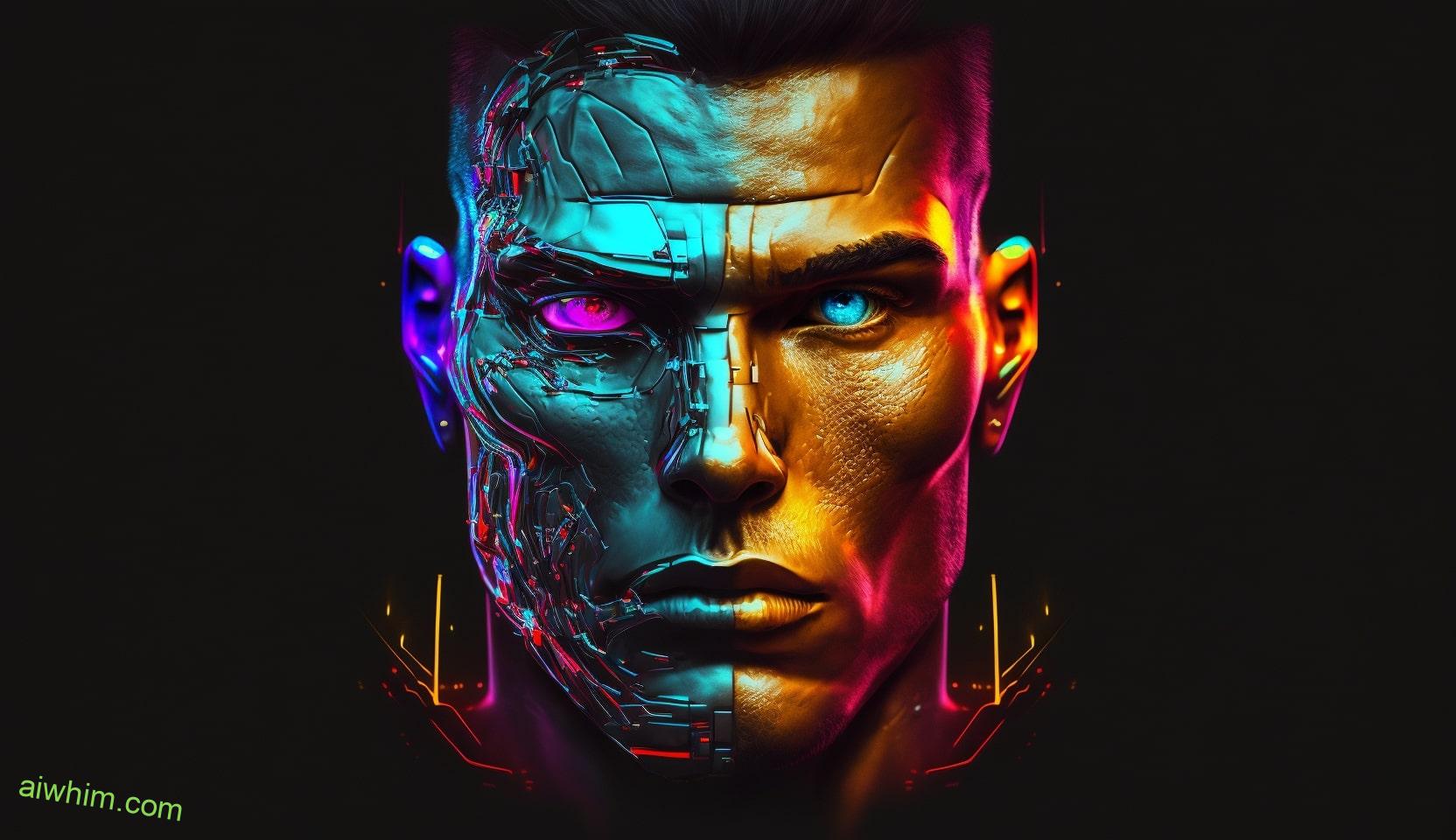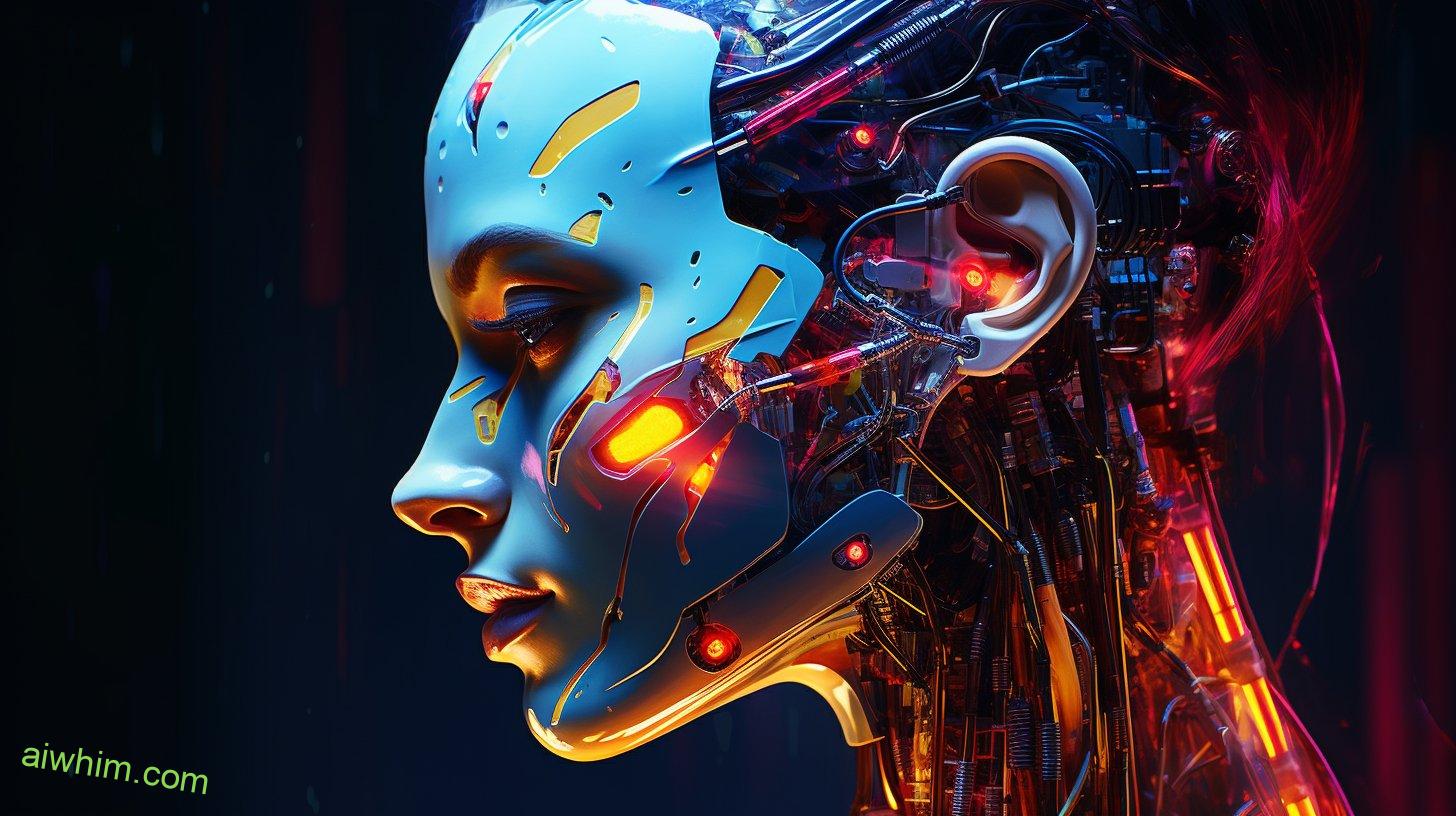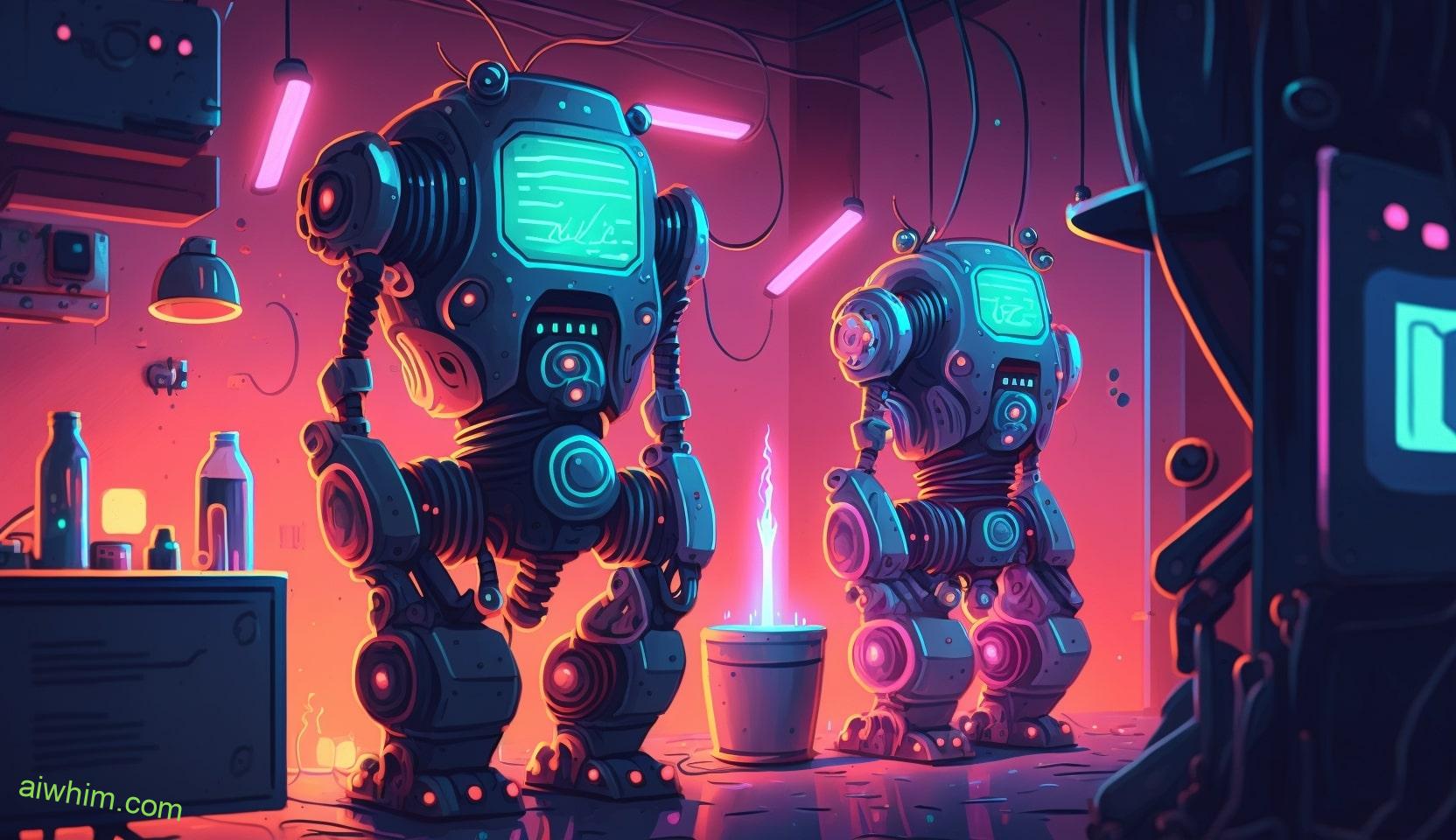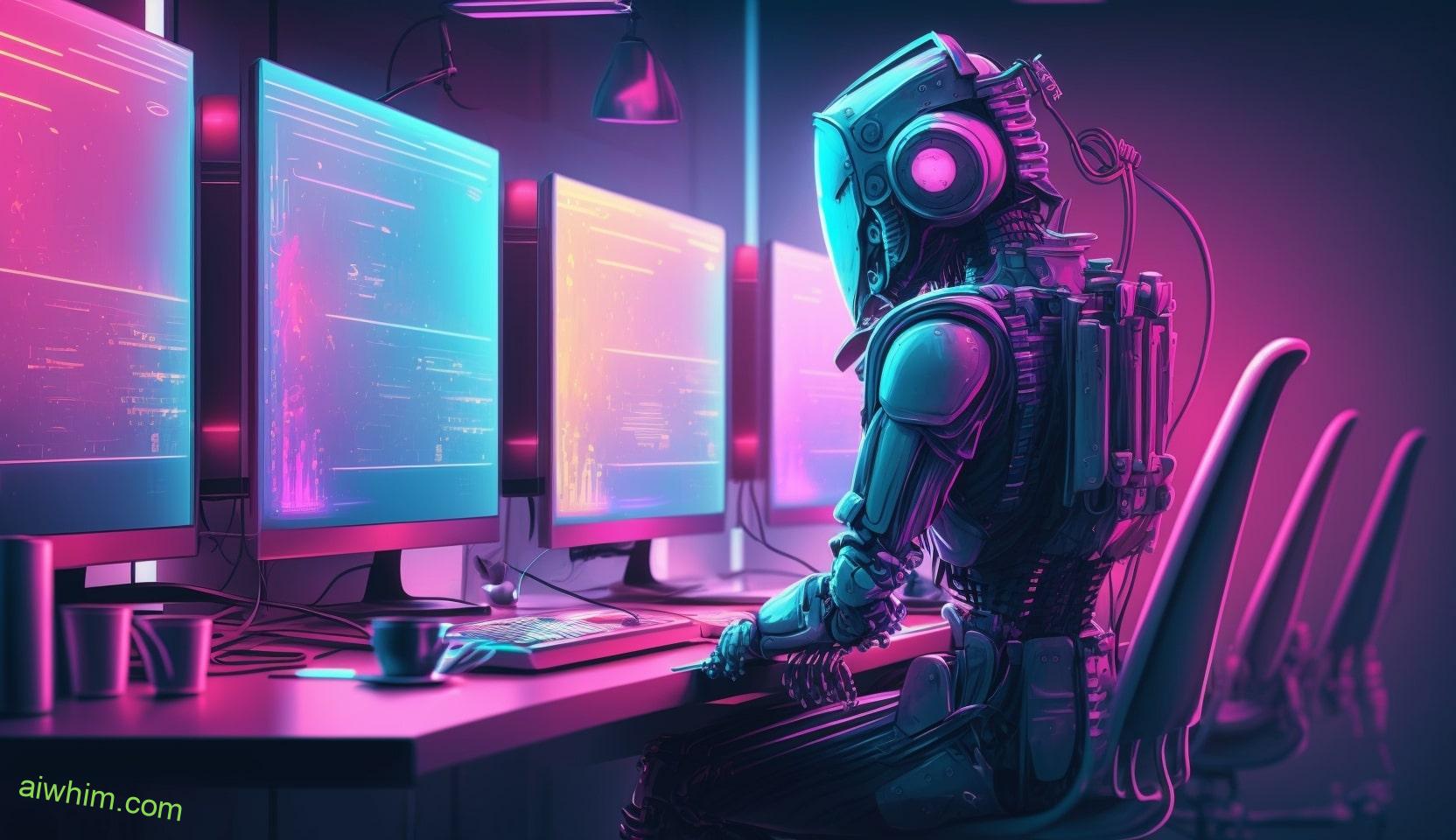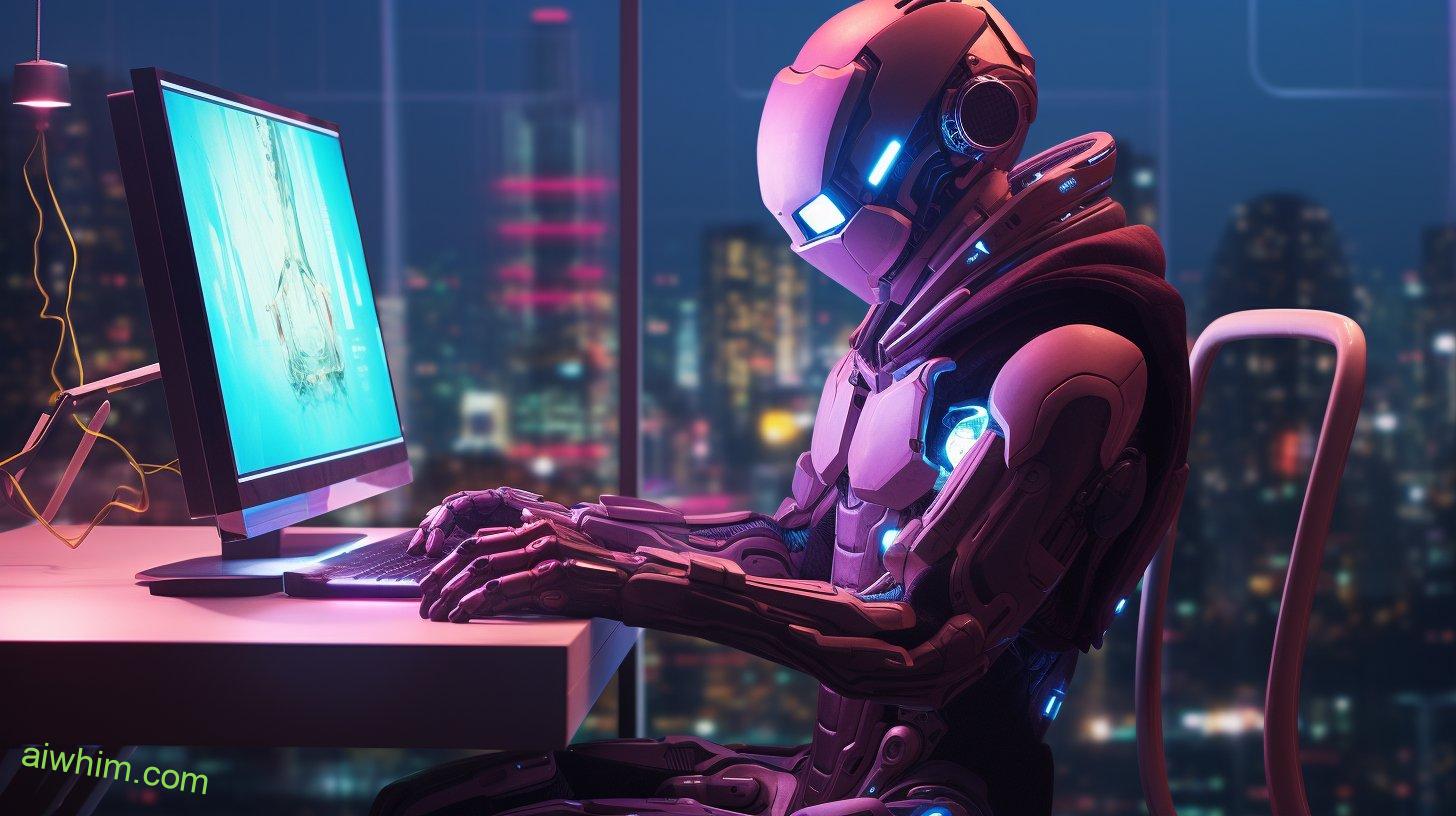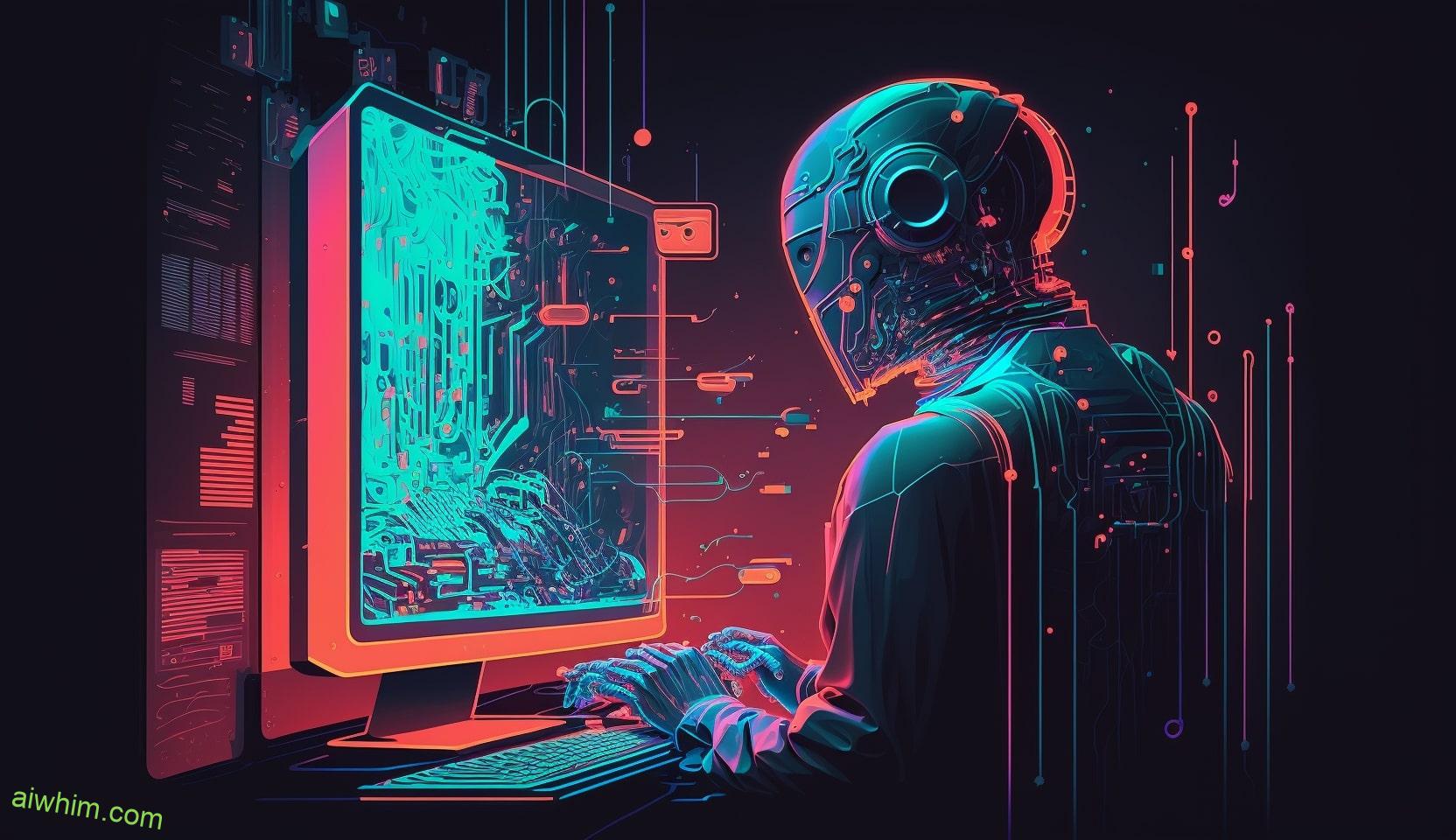Are you worried about the future of your job? With the emergence of Artificial Intelligence (AI), more and more job are being replaced by technology. It’s estimated that AI could make many of the jobs obsolete in the near future. In this article, we’ll explore what these job sectors are, and how AI could be making several of their jobs obsolete.
The rise of AI has been steadily changing the global job market for years now, but it’s only recently that it’s started to impact our day-to-day lives. From driverless cars to automated checkout systems at supermarkets, AI is taking away many human jobs. This begs the question: which work sectors are at risk from being replaced by AI?
We’ll discuss 10 different job sectors which are heavily impacted by the advancements in AI technology. So let’s dive into it – here are 10 labor market sectors where many jobs could soon be made obsolete by Artificial Intelligence!
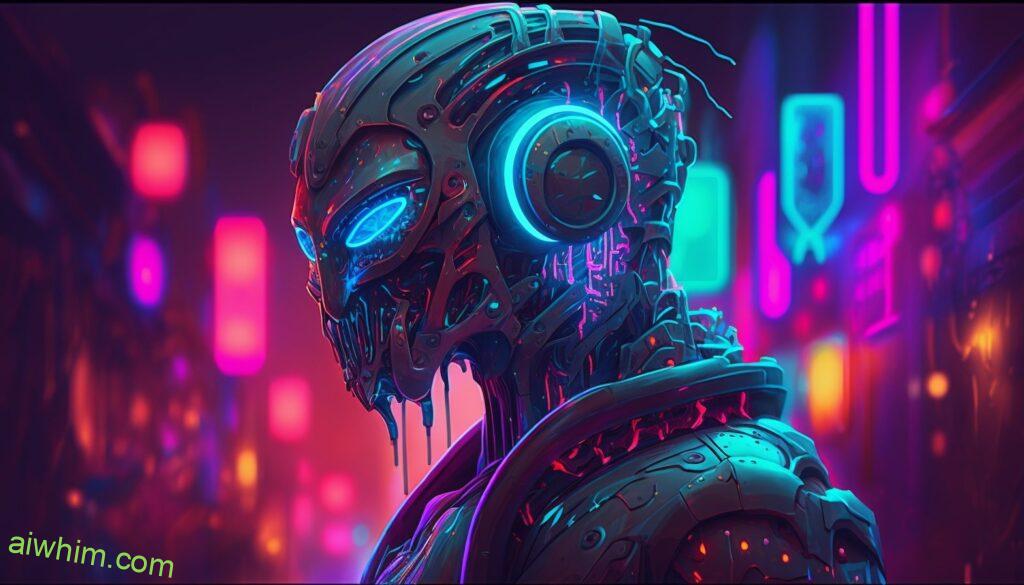
1. Manufacturing
Automation in manufacturing is one of the areas where artificial intelligence (AI) is having a major impact. AI-controlled robots can now perform a variety of tasks with greater precision and accuracy than humans ever could. This has the potential to drastically reduce the number of manual labor jobs in factories, as robots are more efficient and cost-effective than human workers.
The use of AI-controlled robots in manufacturing can lead to faster production times and cost savings for manufacturers. By eliminating the need for human labor, robots can reduce production costs significantly. Additionally, robots can also help improve product quality by minimizing errors caused by humans. As a result, there is increased competition between manufacturers that have access to AI technology and those that do not.
AI-controlled robotics are also being used to automate activities such as packaging, sorting, and labeling products that were previously done manually. This automation not only increases productivity but also reduces errors associated with manual operations. Automation has revolutionized the manufacturing industry, making it possible to produce more goods in less time at lower prices than ever before.
The combination of AI-controlled robots and automated processes will likely lead to further job losses in the coming years as machines replace humans in many roles across the industry.
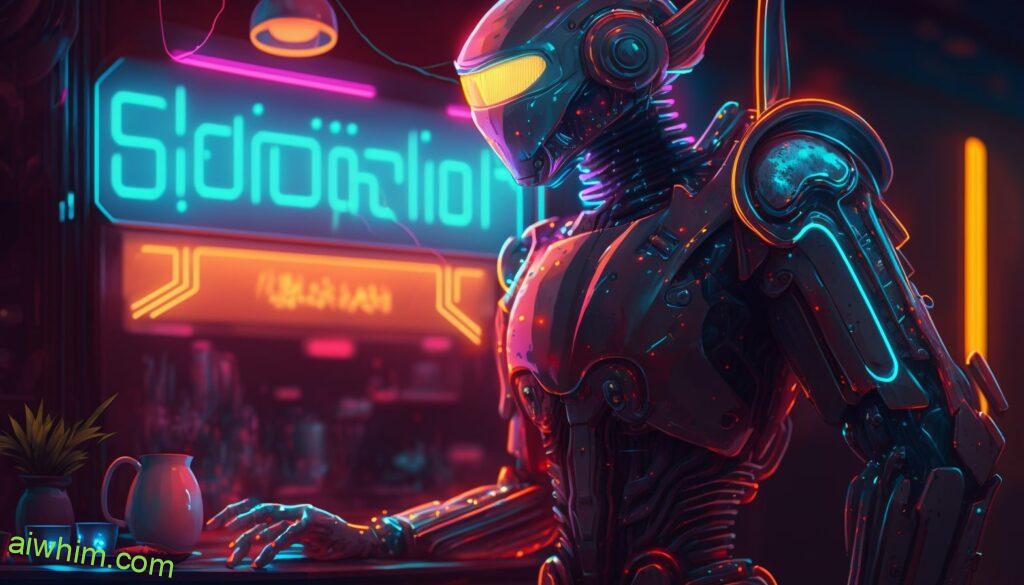
2. Retail
The automation of the retail sector is another area where artificial intelligence could have a significant impact. AI technologies such as computer vision and natural language processing are being used to automate many of the tasks that were previously done by human workers in retail stores, such as stocking shelves and checking out customers. By using AI-driven robots to perform these tasks, the cost of labor can be reduced while also increasing efficiency. AI-powered robots can also provide customer service, in areas such as product recommendations and sales assistance.
AI can also be used to analyze large amounts of data related to customer behavior and shopping habits, allowing retailers to better understand their customers’ needs and preferences. This data can then be used to create more personalized experiences for customers when they shop online or in physical stores.
Finally, AI can help retailers automate operations such as inventory management, supply chain optimization, and fraud detection. By automating these processes with AI algorithms, retailers can achieve greater accuracy and efficiency while reducing costs associated with manual labor. In addition, AI-driven systems can help reduce operational risk by quickly detecting errors and taking corrective action before they become costly mistakes.
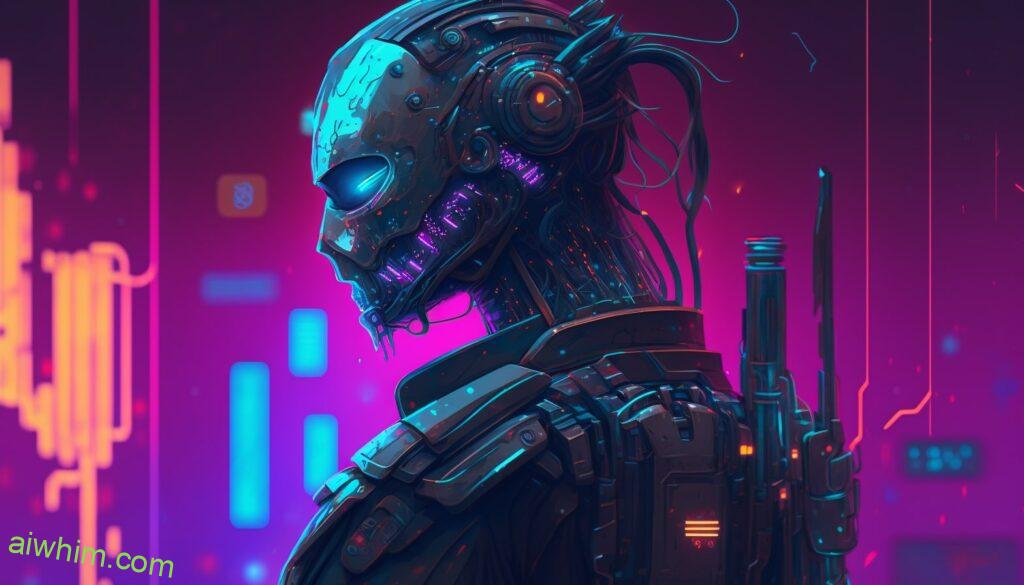
3. Healthcare
Automation in healthcare is becoming increasingly common as artificial intelligence advances. AI can help automate many of the mundane and labor-intensive tasks associated with medical care, freeing up healthcare professionals to focus on complex decisions. This could lead to a shift in the way that hospitals and clinics are operated, with machines taking over many administrative and operational roles.
Robots are being used more and more frequently in medical settings. They can be programmed to perform basic tasks like cleaning, cataloging supplies, and transporting items from one place to another. Additionally, they can monitor patient vital signs or alert doctors if there are any changes in condition. AI-enabled robots can also help diagnose illnesses by recognizing patterns in data collected from various tests and readings.
The use of automation technologies also has potential applications for telemedicine, allowing remote diagnosis and treatment of patients using AI-powered devices. Automated systems can provide real-time analysis of patient data and make recommendations for treatment options. This technology could reduce wait times for appointments and decrease human errors caused by manual data entry.
AI could revolutionize the healthcare industry in ways that we cannot yet imagine, making it easier for doctors to provide quality care without expending too much effort or resources. The potential benefits of automation should not be underestimated as it could usher in a new era of efficient medical care.

4. Education
Automation is also making its way into the education sector. With advancements in artificial intelligence, many jobs that would typically be done by teachers and professors are now being done by robots. AI-enabled machines can provide personalized instruction to students, grade papers and tests, and even generate reports on student performance. For instance, online learning platforms powered by AI have become increasingly popular as they offer personalized instruction tailored to each student’s individual needs. Furthermore, AI-powered virtual tutors can provide assistance when needed and monitor student progress.
The use of artificial intelligence in education has opened up a host of new possibilities for educators. For example, AI can be used to create interactive lessons that span multiple subjects and topics. This allows teachers to create more engaging classes than ever before. Additionally, AI-based programs can analyze data gathered from various sources such as textbooks, lecture notes and class discussions to determine which topics should be covered in a lesson plan or course outline.
AI is also helping educational institutions manage their resources more efficiently by automating administrative tasks such as tracking attendance records, grading assignments and producing reports on student performance. By doing so, teachers and administrators can spend less time on mundane tasks and focus more on teaching and mentoring students. As AI becomes more sophisticated, it will likely lead to further advancements in the field of education that could potentially revolutionize the way we learn.
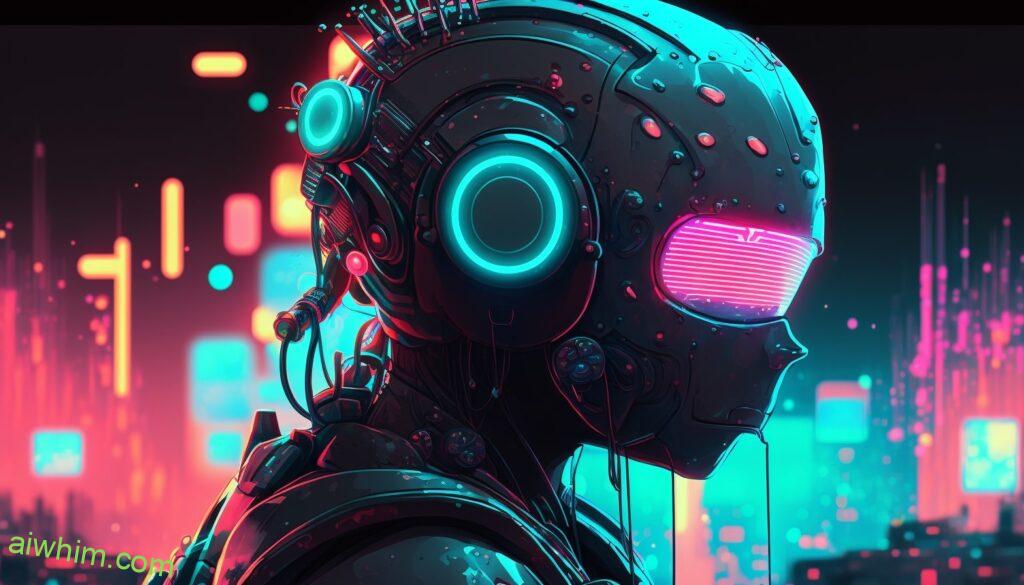
5. The Military
Automation is increasingly being used in the military. The use of unmanned aerial vehicles, or drones, has become commonplace to carry out surveillance and reconnaissance missions, as well as to deliver weapons. This has had a massive impact on the cost and safety of military operations. It also cuts down on personnel needed to carry out these tasks, making them more efficient.
Robots are also being used in a variety of roles within the military. They can be used to defuse bombs and other explosives, providing a much safer environment for personnel. Robots can also provide logistical support for troops in active combat zones by carrying supplies to where they are needed most. This eliminates the need for human labor, saving both time and money.
Autonomous weapons systems are becoming increasingly sophisticated as well. These systems can identify targets autonomously with little or no human intervention and greatly reduce risks associated with human error in targeting decisions. Autonomous weapons systems could potentially replace entire divisions of soldiers on the battlefield.
The use of automation in the military is increasing rapidly and will continue to do so as technology advances further in the future. Automation offers cost savings and increased safety that are hard to ignore when it comes to military operations. As this trend continues, jobs traditionally done by humans will diminish or become obsolete over time.
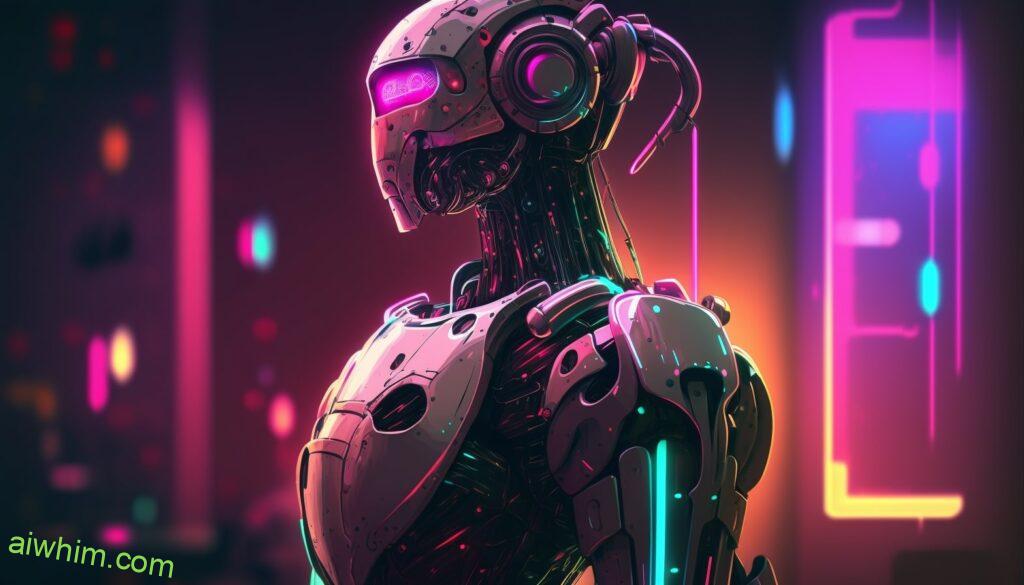
6. Banking And Finance
The banking and finance industry is facing a huge revolution due to the emergence of artificial intelligence. AI is rapidly taking over many of the mundane tasks that have traditionally been performed by human workers. Automation has already made its way into this sector and is making it easier for banks to process payments, manage customer accounts, and handle financial transactions. In addition, AI-powered chatbots are now being used to provide customer service, replacing the need for human customer service representatives.
AI-driven automation in banking and finance could potentially replace certain jobs such as accountants, bank tellers, loan underwriters, and financial advisors. AI algorithms can be programmed to analyze data quickly and accurately in order to make decisions about loans or investments without the need for manual input from humans. Automation could also allow banks to streamline their processes by removing manual paperwork and reducing the need for staff time.
These changes are likely to have both positive and negative consequences on the banking industry’s workforce in terms of job security and income levels. On the one hand, automation could reduce labor costs and increase efficiency while freeing up resources for other areas of business operations. On the other hand, it could lead to job losses as machines take over certain roles once filled by humans. As a result, employees will need to be retrained in order to stay competitive in an increasingly automated world of banking and finance.
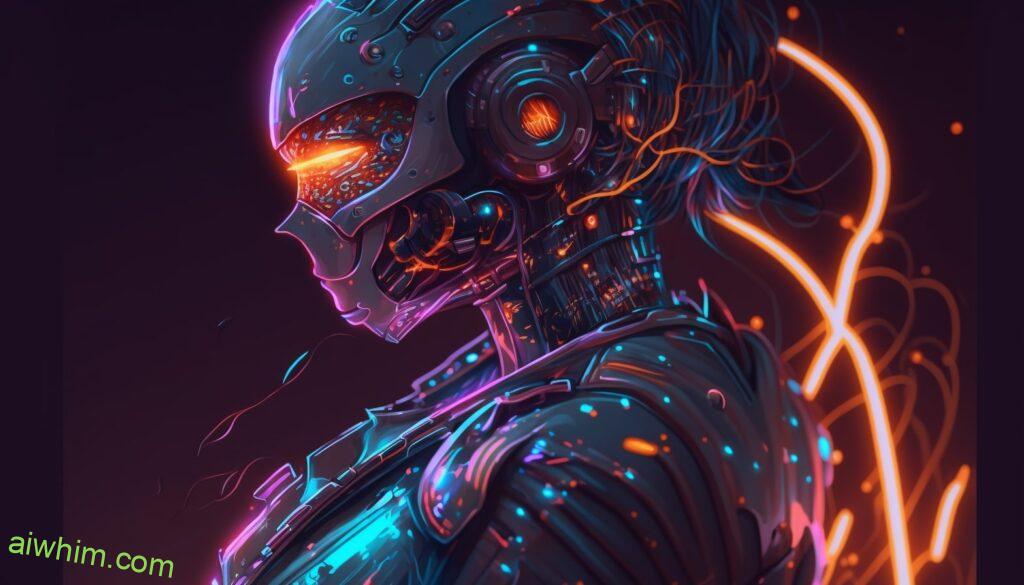
7. Transportation
Automation in transportation has been on the rise over the past decade. Self-driving cars are now a reality, and with advances in AI, they could soon be commonplace. Autonomous trucks and drones are also being developed, which could make jobs like truck drivers and delivery people obsolete. Self-driving boats and ships are also being developed, which could replace manual labor that is needed to move cargo from one port to another. All of these automated vehicles will require less human labor, leading to fewer jobs for people who rely on those professions for their livelihoods.
In addition to automated vehicles, AI can also be used to automate processes such as scheduling flights or reserving seats for passengers. Airlines have already started using AI algorithms to optimize their routes in a cost-effective manner. This has eliminated the need for humans in many areas of the airline industry, such as ticketing agents and flight attendants. Artificial intelligence can also be used to monitor planes while they’re in the air, as AI is eliminating the need for human pilots or navigators.
AI can also help streamline public transportation systems by predicting traffic patterns and optimizing bus routes accordingly. This could reduce wait times for riders and lead to more efficient use of resources. In addition, AI can analyze data from sensors on buses and other public transit vehicles for better route planning and improved safety measures.
The potential applications of automation in transportation are vast, but so too is its potential impact on employment opportunities around the world. As technology continues to advance at an exponential rate, it’s likely that many more jobs related to transportation will become obsolete due to automation over time.
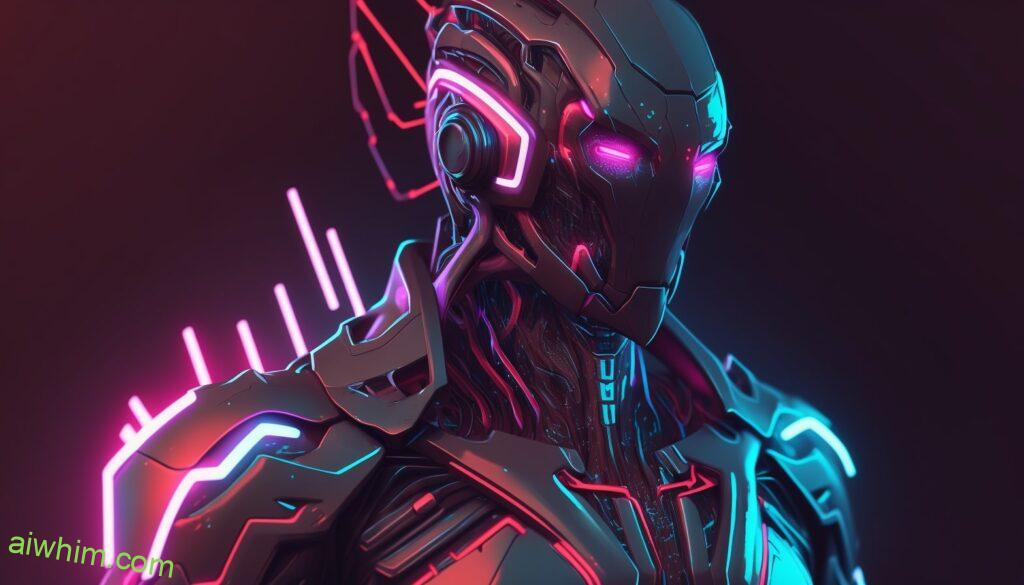
8. Logistics And Supply Chain
The logistics and supply chain industries are rapidly becoming automated, with AI-driven solutions replacing jobs traditionally filled by humans. This shift has been made possible thanks to advances in robotics, machine learning, and predictive algorithms that allow for efficient automation of the entire process. As a result, many routine tasks such as order fulfillment, shipping, inventory management are being handled by machines rather than people. This has led to significant cost savings for businesses as well as improved accuracy and efficiency in their operations. In addition, AI-powered solutions can also reduce the amount of time required to complete tasks, allowing companies to operate more quickly and efficiently.
AI-based automation is also making its way into transportation and delivery services. Companies like Uber have developed algorithms that predict demand for rides and allocate drivers accordingly. Amazon is using autonomous drones to deliver packages directly to customers’ homes. These developments are likely to lead to further job losses in the near future as more companies adopt automated solutions for their supply chain needs.
This shift towards automated logistics will bring both benefits and challenges. On one hand, it could create opportunities for those skilled in AI technologies while on the other hand it could displace those workers who are currently employed in these roles. It is thus important that governments ensure that affected workers receive appropriate training so they can adapt to new roles created by this technology revolution.
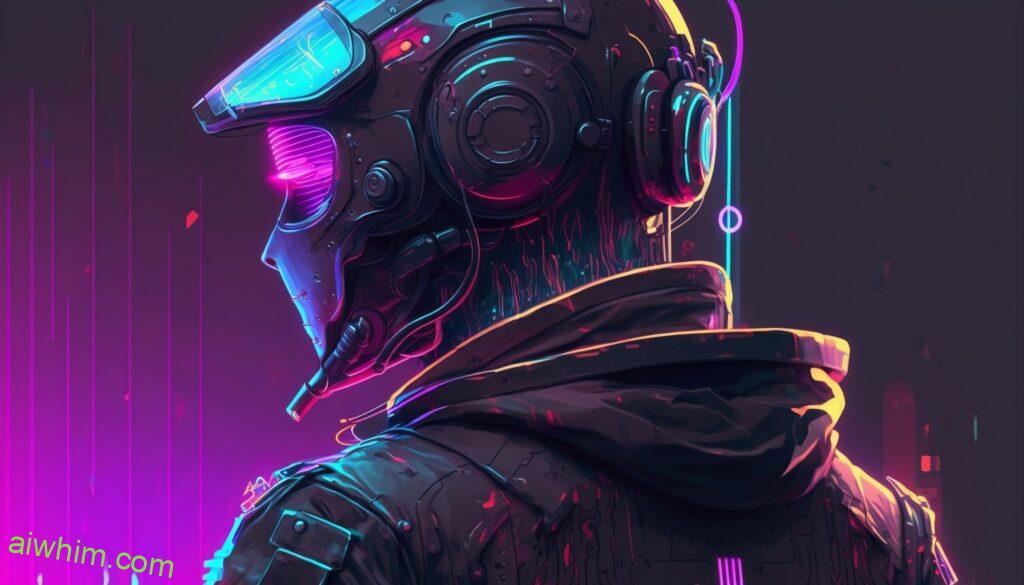
9. Law Enforcement
As automation continues to advance, it is becoming increasingly relevant in the law enforcement sector. AI-powered robots and software can take on roles in tasks such as security surveillance, threat assessment, and facial recognition. This could potentially lead to fewer human police officers being required for these jobs.
AI technology is also being used to analyze large amounts of data from crime scenes or other sources quickly and accurately. This can help speed up investigations, make them more efficient, and reduce potential errors that could be caused by human investigators. AI algorithms can be trained to detect suspicious behavior or identify patterns that humans might miss.
In addition, AI systems are beginning to be used for predictive policing. This involves using data analytics to predict where crimes are likely to occur in order to deploy resources more effectively. By using AI-powered systems, law enforcement agencies can respond faster and with greater accuracy than ever before. With this technology, police forces have the ability to stay ahead of criminals and keep communities safe at a lower cost than traditional methods.

10. Food Service Industries
Automation in the food service industry is a growing trend. Restaurants, fast-food establishments, and other food-focused businesses are turning to automated solutions for tasks like cooking, serving, and cleaning up after customers. Artificial intelligence (AI) is playing a key role in this automating process. AI can be used to automate many of the mundane and monotonous tasks that take away from the customer experience. AI can also help staff members make better decisions by analyzing data and providing information on customer preferences and trends.
AI is already being used in food service businesses to automate certain tasks. For example, robotic arms are being used in restaurants to prepare meals quickly and efficiently. In fast-food restaurants, voice recognition systems are being used to take orders from customers accurately and quickly. In addition to these automated solutions, AI can also be used for more complex tasks such tracking inventory levels or scheduling staff members.
The use of automation has been beneficial for many food service businesses by reducing labor costs and improving efficiency. Automated solutions can help reduce wait times for customers and increase the accuracy of orders placed. Furthermore, automation allows businesses to focus their energy on creating innovative products and services that will further enhance customer experience. AI provides a cost-effective way for businesses to remain competitive while improving overall customer satisfaction.
AI has made it possible for food service businesses to become more efficient while still maintaining high standards of quality control. By using automated solutions, restaurants can save time on mundane tasks while also increasing profitability through improved customer satisfaction ratings.
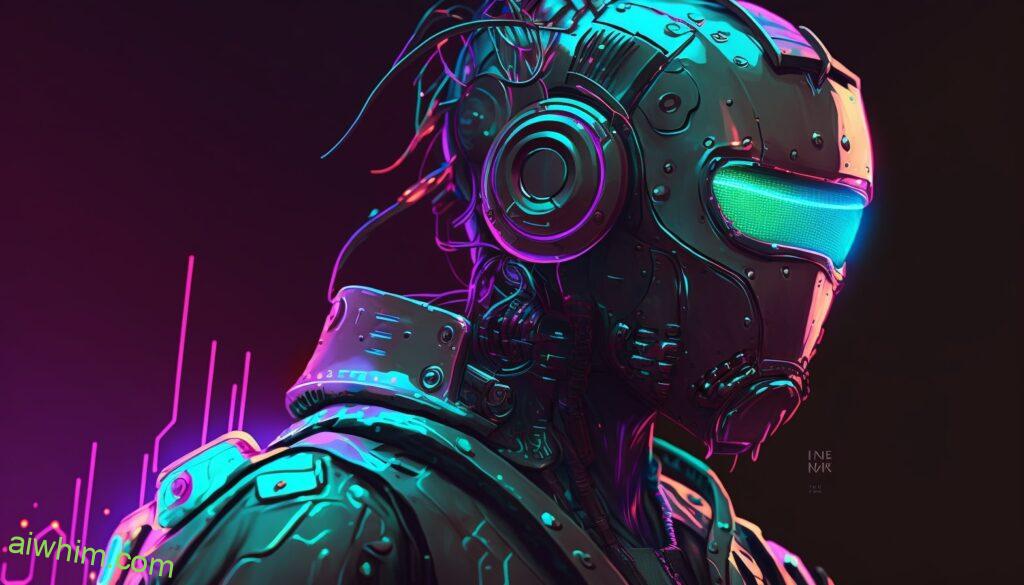
Conclusion
In conclusion, it’s clear that artificial intelligence has the potential to revolutionize the workplace and our economy. As AI becomes more sophisticated, it could make certain jobs, and even complete job sectors, obsolete.
Moving forward, we should work together to embrace the opportunities presented by AI while also safeguarding workers’ rights. This is an exciting time for technology, but it’s also important to remember the human element in this equation. By taking proactive steps, we can hopefully create a future where both humans and technology thrive!
Video Summary
Author: Ole Paulson
Author Bio: I’m Ole and on this website, I share everything there is to know about Artificial Intelligence, and useful tips for using AI to our advantage. I have a background in data science and research and have been following the AI-space for years. You can read more about me in the “About” page.

